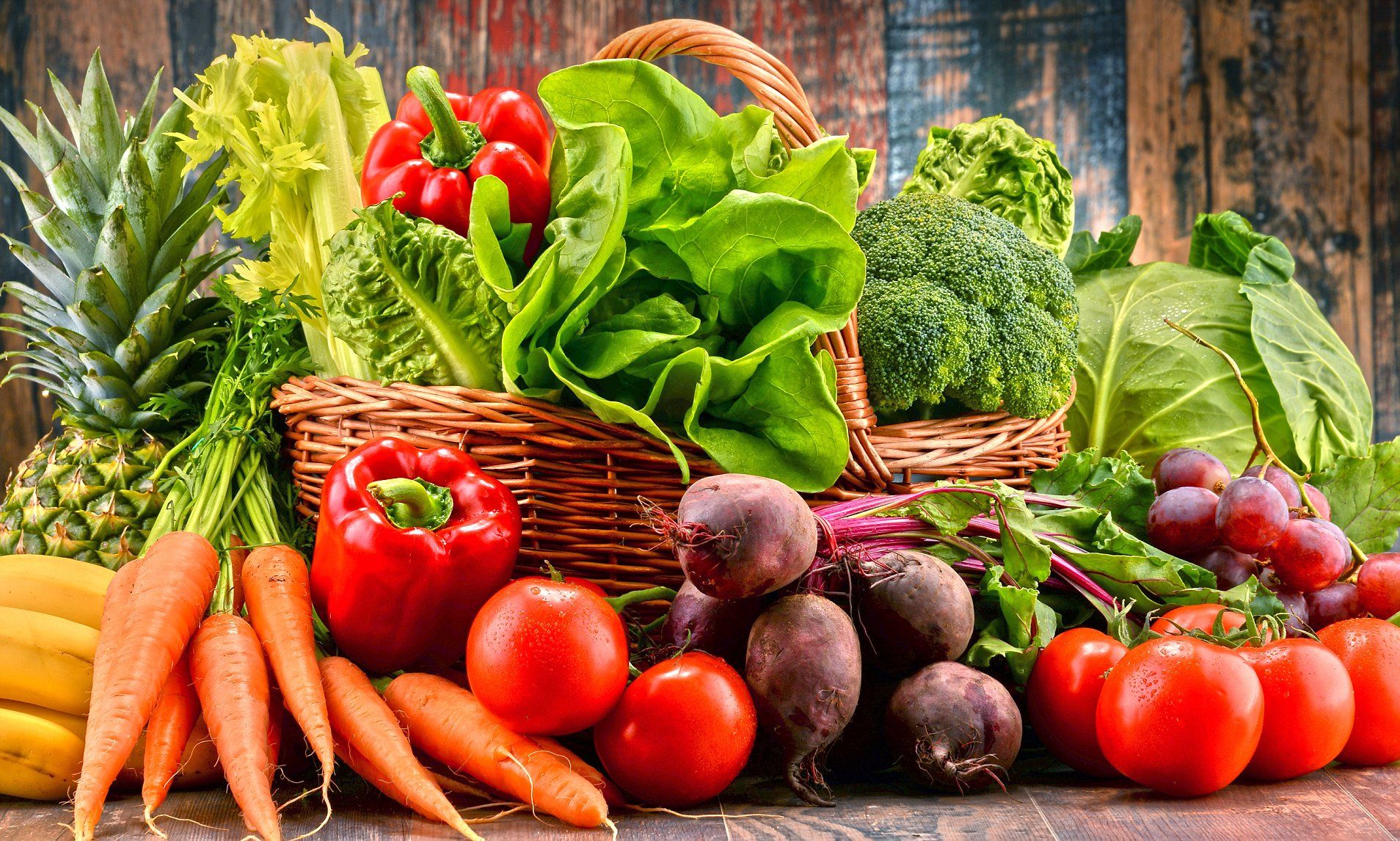Cancer is a group of diseases that guide millions of people to their graves every year worldwide. An astonishing number of 9.6 million deaths were recorded annually throughout the globe for 2018.
Fortunately, with every challenge, there is a way to counteract it, as well. Antioxidants, if part of one’s diet, can help to prevent cancer to an extent. As they say, prevention is better than cure.
Antioxidants are compounds that inhibit oxidation, which is a chemical reaction that produces free radicals. Also known as reactive oxygen species, free radicals act as villains, attacking DNA in cells and meddling around with its nitrogenous bases. Mutations, if continuously gathered, may alter the process of normal cell division and the tumor may develop into a cancer

Sources of antioxidants
Antioxidants are naturally overflowing in fruits and vegetables, as well as some other foods. To be specific, here are some examples of these little heroes and where they come from;
- Allium Sulphur compounds in leeks, onions, and garlic.
- Anthocyanins in eggplant, grapes, and berries.
- Beta-carotene in pumpkin, mangoes, apricots, carrots, spinach, and parsley.
- Catechins in red wine and tea.
- Copper in seafood, lean meat, milk, and nuts.
- Cryptoxanthins in red capsicum, pumpkin, and mangoes.
- Flavonoids in tea, green tea, citrus fruits, red wine, onions, and apples.
- Indoles in cruciferous vegetables like broccoli, cabbage, and cauliflower.
- Isoflavonoids in soybeans, tofu, lentils, peas, and milk.
- Lignans in sesame seeds, bran, whole grains, and vegetables.
- Lutein in green, leafy veggies and corn.
- Lycopene in tomatoes, pink grapefruit, and watermelon.
- Manganese in seafood, lean meat, milk, and eggs.
- Polyphenols in thyme and oregano.
- Selenium in seafood, offal, lean meat, and whole grains.
- Vitamin A in the liver, sweet potatoes, carrots, milk, and egg yolks.
- Vitamin C in oranges, blackcurrants, kiwifruit, mangoes, broccoli, spinach, capsicum, and strawberries.
- Vitamin E in vegetable oils, avocados, nuts, seeds, and whole grains.
- Zinc in seafood, lean meat, milk, and nuts.
- Zoochemical in red meat, offal and fish, and derived from the plants that animals eat.
Antioxidant supplements
Antioxidants are oozing in surplus in our diet already, so is it worth taking additional supplements? It has been found that if people are not deficient in antioxidants and still take other supplements, they are just throwing their money down the drain. Since supplements contain a concentrated dose, approximately 70 to 1660 percent of the daily value of nutrients, they can prove to be rather harmful. The latest scientific research suggests that large doses may prevent cancer cells from free radicals as well, therefore encouraging their growth and spread.
“There now exists a sizeable quantity of data suggesting that antioxidants can help cancer cells much like they help normal cells,” says Zachary Schafer, a biologist at the University of Notre Dame.
An explanation for this could be that when the body is given extra antioxidants, its tumor cells get to keep more of the extra antioxidants that they already make themselves. The batteries can store the surplus, improving their ability to survive damage.

Ideas about cancer and antioxidants
Let’s look at what nutritionists have to say about antioxidants in general and their link with cancer.
- A diet that could ward off disease really doesn’t look that different from the healthy foods you should be eating anyway,” says Wendy Demark-Wahnefried, Ph.D., associate director for Cancer Prevention and Control at the University of Alabama’s Comprehensive Cancer Center. “That means plenty of fruits and vegetables, as well as whole grains and lean meat or fish.”
- A variety of chemicals from plants known as phytochemicals can protect cells from harmful compounds in food and in the environment, as well as prevent cell damage and mutations”, says Jed W. Fahey, ScD, MS, an assistant professor at Johns Hopkins Bloomberg School of Public Health and its School of Medicine who studies how cruciferous vegetables help protect against disease.
- A plant-based diet is more likely to produce good health and to reduce the risk of heart problems, cancer, diabetes, osteoporosis, gallstones, and kidney disease sharply.” Says T. Collin Campbell, an American biochemist specializing in the effects of nutrition on long-term health and is a professor of Nutritional Biochemistry at Cornell University.
- Three of the most beneficial, longevity-promoting anti-cancer foods are green vegetables, beans, and onions.” Says Joel Fuhrman, an American celebrity doctor who graduated from Perelman School of medicine at the University of Pennsylvania.
- Lung cancer cells use antioxidants, endogenous or dietary, to spread in the body by activating a protein BACH1 and increasing the uptake and usage of sugar, Swedish and American researchers at Karolinska Institute report in two individual studies, one published in the famous journal Cell.
To conclude, I would like to highlight that an excess of everything is harmful, so care must be taken to remain within limits. Antioxidants play an important role in scavenging free radicals, which can cause cancer, but if taken excessively, they can also be used by tumor cells to strengthen and spread in the body.
Also Read: New studies show that plant-based meals are more healthy

Aniqa Mazhar is a graduate of QAU in Biochemistry. She has taught sciences to O levels and is currently planning for her MS in Food Technology. Aniqa’s hobbies are reading, watching movies, writing, calligraphy, long walks, and nature photography.

